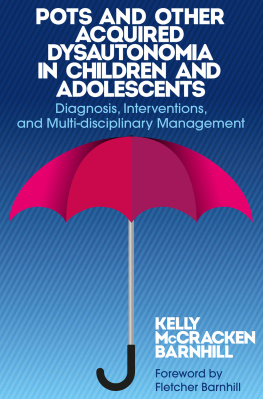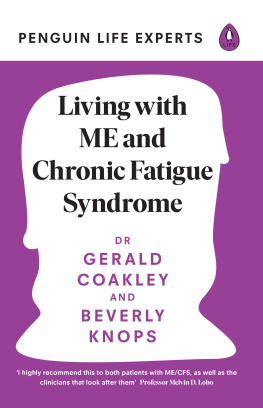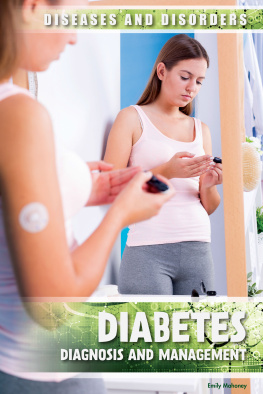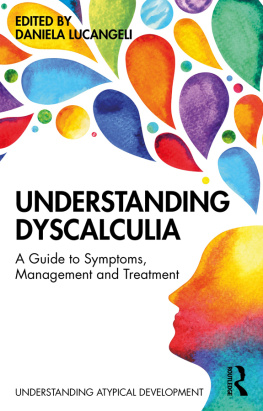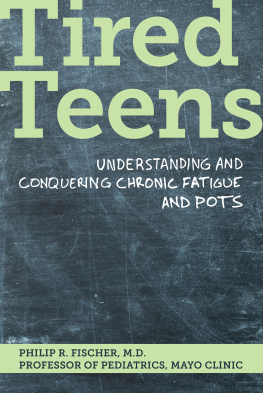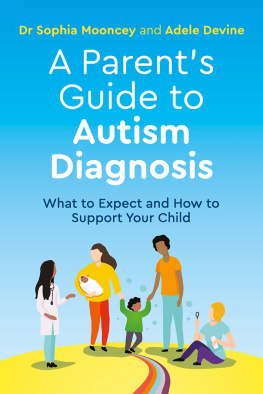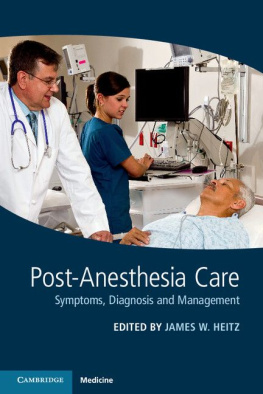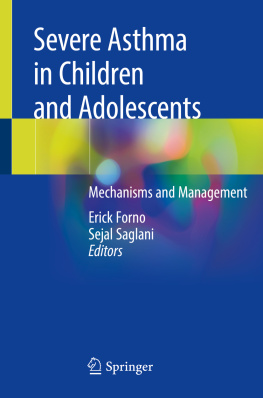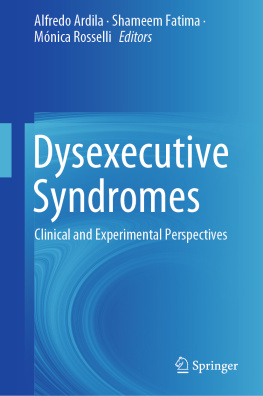
POTS AND OTHER
ACQUIRED
DYSAUTONOMIA
IN CHILDREN AND
ADOLESCENTS
of related interest
A Guide to Living with Ehlers-Danlos Syndrome (Hypermobility Type)
Bending without Breaking (2nd edition)
Isobel Knight
ISBN 978 1 84819 231 7
eISBN 978 0 85701 180 0
A Multidisciplinary Approach to Managing Ehlers-Danlos (Type III) - Hypermobility Syndrome
Working with the Chronic Complex Patient
Isobel Knight
ISBN 978 1 84819 080 1
eISBN 978 0 85701 055 1
Breaking Free from Persistent Fatigue
Lucie Montpetit
ISBN 978 1 84819 101 3
eISBN 978 0 85701 081 0
POTS AND OTHER
ACQUIRED
DYSAUTONOMIA
IN CHILDREN AND
ADOLESCENTS
Diagnosis, Interventions,
and Multi-disciplinary Management
KELLY M c CRACKEN BARNHILL
Foreword by Fletcher Barnhill

Jessica Kingsley Publishers
London and Philadelphia
First published in 2016
by Jessica Kingsley Publishers
73 Collier Street
London N1 9BE, UK
and
400 Market Street, Suite 400
Philadelphia, PA 19106, USA
www.jkp.com
Copyright Kelly McCracken Barnhill 2016
Foreword copyright Fletcher Barnhill 2016
Front cover image source: Illustration by Ian Ross.
All rights reserved. No part of this publication may be reproduced in any material form (including photocopying, storing in any medium by electronic means or transmitting) without the written permission of the copyright owner except in accordance with the provisions of the law or under terms of a licence issued in the UK by the Copyright Licensing Agency Ltd. www.cla.co.uk or in overseas territories by the relevant reproduction rights organization, for details see www.ifrro.org. Applications for the copyright owners written permission to reproduce any part of this publication should be addressed to the publisher.
Warning: The doing of an unauthorized act in relation to a copyright work may result in both a civil claim for damages and criminal prosecution.
Library of Congress Cataloging in Publication Data
Names: McCracken Barnhill, Kelly, author.
Title: POTS and other acquired dysautonomia in children and adolescents :
diagnosis, interventions and multi-disciplinary management / Kelly
McCracken Barnhill ; foreword by Fletcher Barnhill.
Other titles: Postural orthostatic tachycardia syndrome
Description: London ; Philadelphia : Jessica Kingsley Publishers, 2016. |
Includes bibliographical references and index.
Identifiers: LCCN 2016002961 | ISBN 9781849057196 (alk. paper)
Subjects: LCSH: Dysautonomia--Popular works.
Classification: LCC RJ496.D9 M33 2016 | DDC 618.92/853--dc23 LC record available at http://lccn.loc.gov/2016002961
British Library Cataloguing in Publication Data
A CIP catalogue record for this book is available from the British Library
ISBN 978 1 84905 719 6
eISBN 978 1 78450 201 0
For my family
Contents
Medical Disclaimer
The information provided in this text, including all medical information, is offered strictly as an educational resource for readers. This book should be expressly used only to increase awareness, knowledge, and understanding of dysautonomia for patients and professionals. It is not intended to and does not provide medical or professional advice or diagnosis, treatment, or professional opinion of any kind for any individual. This book does not substitute or replace a patientpractitioner relationship, and should not be used as a substitute for professional diagnosis or treatment. Always seek the advice of a physician or other qualified health provider with regard to any personal medical condition.
Foreword
The summer of 2012 was really tough for me physically and mentally. I was diagnosed with a disease called dysautonomia. Dysautonomia messes with my nervous system. My blood pressure and heart rate would drop unbelievably low, causing me to be constantly tired. I quit playing soccer. I stopped going to school. I couldnt even get out of bed at all some days, and I was struggling to get out of bed every morning. My parents were doing all they could for me, planning appointments, trying to make sure I was okay, etc. There were few good things. I remember looking ahead to my birthday, excited about what I would do and what I might get. I was really hoping to get something amazing that would make me happier. I talked to my parents weekly about what I wanted, making list after list after list. I remember hearing my mom crying from the hallway because she felt so bad for me. It was the saddest thing. My mom used to talk about the Mayo Clinic and how great it was, and how it was going to help me. One day she sat me down and told me she had called for an appointment, and the first space available was on my birthday. I remember crying because this was one more thing that was not going my way.
I decided I wanted a dog when I was in the middle of my sickness. Before this ever really happened, I went to the local animal shelter with my moms friend, Tish. I remember the smell and the sounds but most of all I remember that was the day I decided I wanted a dog. After I got sick, I decided I would do whatever it took to get a dog. I did all the research, I learned about every breed, and everything about every breed. I had narrowed it down to a few breeds that interested me, and fit my life. I wanted a border collie, an Australian shepherd, a miniature pinscher, or I could even get one from the shelter. I just wanted a dog.
I emailed breeders, I went to the shelter, but there was one problem: my parents wouldnt let me get a dog. I begged and pleaded and tried to do everything they asked of me, but the answer was still no. I didnt want a dog just to have a dog. At the time I was really struggling: I wasnt able to go to school, I wasnt seeing any friends, and I wasnt active at all. I wanted a dog for several reasonsI wanted a friend, I wanted a reason to exercise, and I wanted someone that listened. It took a little while for my parents to come around and even think about it. When they saw how devoted I was to this, they agreed to consider it. A dog was the light at the end of my tunnel.
It must have been really hard for my mom when I was diagnosed. She felt like it was her fault and she was sad that she couldnt do anything to help me. She stopped working a lot and started learning about my disease and if there was any way to fix it. I realized how much she loved me. She found these hospitals that were really good and she scheduled these appointments that were on my birthday. She cried telling me because she knew that I already had a lot of sadness in my life and she didnt like adding more. We had a really great time when we went to Minnesota. We celebrated my birthday there, and we went to the Mall of America and had dinner at a great tapas bar. I remember I was at the hospital that day, and the office smelled like cleaning products and rubber. The doctor was talking to my mom about things I didnt understand.
After those doctor visits, I spent my days trying to get better. I started physical therapy and working out. Since I wasnt at school and I wasnt hanging out with friends, I wanted a friend and I decided a dog could fill that role. I did what I had to do to improve enough to get a dog. I took my medicine. I did my physical therapy. I did whatever it took. And I got a dog! Getting a dog pushed me through my problems. When I thought about how sick and how hard my life was I became depressed and that made things even worse. When I got my mind off my life and what was happening to me, I felt better mentally and physically. Knowing that my dog was downstairs waiting for me to come say hello helped me get up every morning.
Next page
